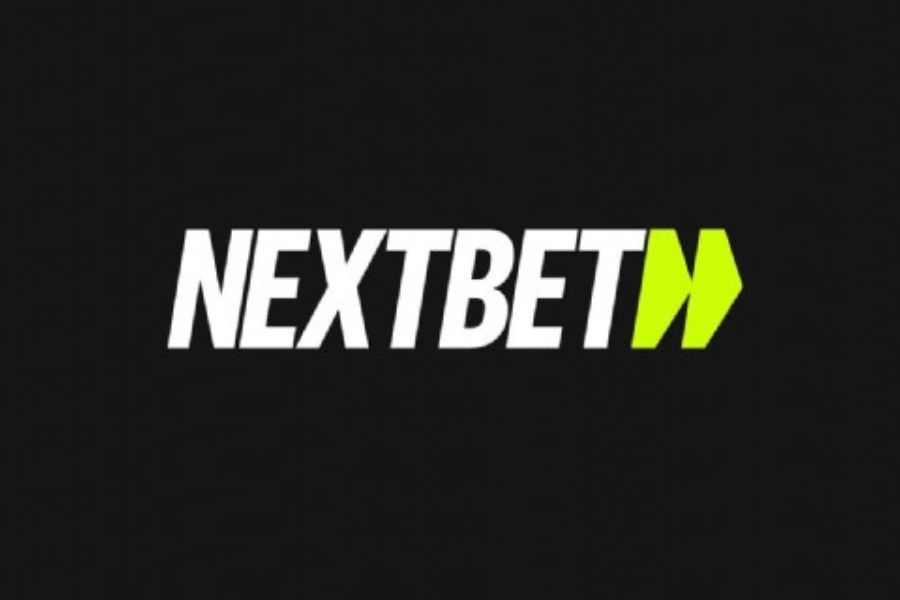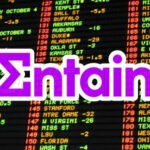NextBet launches in Australia with plans to consolidate mid-market operators

Online wagering group NextBet has officially launched in Australia as an acquisition vehicle designed to consolidate mid-tier wagering operators, announcing its first move with the purchase of Brisbane-based bookmaker CrossBet.
The new group, led by Executive Director Scott Cross, portrays itself as a challenger to established brands and said it planned to build a united Tier Two operator through a series of acquisitions.
CrossBet, founded in 2020 and licensed by the Northern Territory Racing Commission, has gained its status in horse and greyhound racing with mobile-first features such as live streaming and quick bet placement.
NextBet said its strategy focused on rolling up undercapitalized operators while investing in technology to deliver faster profiling, efficiency, and a specialized user experience. They are actively talking with several additional targets and are expected to announce further transactions in the coming quarters.
“The formation of NextBet creates the foundation to scale rapidly through an ambitious M&A strategy, while investing in proprietary capabilities to meet the demands of a changing wagering market,” Cross said.
Sportsbook operator PointsBet Holdings holds a market value of about AU$419 million (US$276 million)1 AUD = 0.6580 USD
2025-09-29Powered by CMG CurrenShift, as rivals Mixi and Betr fight for majority control of the sportsbook.
Abi Bray brings strong researching skills to the forefront of all of her writing, whether it’s the newest slots, industry trends or the ever changing legislation across the U.S, Asia and Australia, she maintains a keen eye for detail and a passion for reporting.
Verticals:
Sectors:
Topics:
Dig Deeper
The Backstory
Why the ground is shifting under digital betting
Online wagering and lottery operators are redrawing their maps as capital gets tighter, regulators flex more muscle and consumers migrate to mobile-first products that promise speed and rewards. Over the past year, a series of moves across Australia, the United States and Asia has revealed a market bifurcating between scale players willing to spend for share and specialists doubling down where rules and returns align. This backstory shows how consolidation, regulatory scrutiny and a renewed push by lottery brands are setting the stakes for the current moment.
In Australia, a new challenger signaled how mid-market consolidation could reshape competition. NextBet launched in Australia as a consolidation platform and immediately bought Brisbane bookmaker CrossBet, outlining a roll-up of undercapitalized operators to assemble a “Tier Two” rival to legacy brands. The strategy pairs dealmaking with technology investments for faster profiling and efficiency. It also lands in a market where rivals are jockeying for control, with PointsBet sitting at about AU$419 million in market value while players like Mixi and Betr vie for position. The playbook is clear: aggregate niche share, modernize the tech stack and create operating leverage before the next funding window opens.
The consolidation logic is spreading beyond sportsbooks. Lottery specialists are repositioning to capture digital pull-through without antagonizing regulators or retailers. SEGG Media said it will reintroduce Lottery.com in the U.S. with a phased national rewards program, aiming to become an official affiliate for state ilottery programs in Pennsylvania, Virginia and Michigan. The company’s reentry, outlined in SEGG Media’s U.S. lottery comeback plan, leans on data showing ilottery as the fastest-growing regulated segment and cites Kentucky’s 2024 ilottery revenue of $671 million with growth projected into 2025. The model emphasizes alignment with state programs and retailers rather than disintermediation, a political and commercial hedge in a sensitive category.
The same brand is also looking outward. Lottery.com detailed a regional rollout across Europe and Asia, pointing to a global lottery industry that now tops $300 billion annually. Its plan, described in Lottery.com’s expansion into Asia and Europe, stresses jurisdiction-by-jurisdiction deployment based on regulation, brand traction and competition. The dual-track approach—U.S. partnership-led reentry plus international expansion—captures the divergent risk-reward profiles across mature and emerging markets and signals where digital lottery expects the next wave of growth.
Regulators are forcing harder choices
Rules are tightening, and operators are reacting with sharper capital discipline. In India, the government is moving to put online real-money gambling under the Prevention of Money Laundering Act, effectively making companies reporting entities for know-your-customer and suspicious activity reporting. The plan, reported in India’s AML push for gambling firms, would force platforms like Games24x7, Winzo and Dream11 to track and flag unusual transactions to the Financial Intelligence Unit. With state-level legality already fragmented, a federal AML overlay adds cost and compliance risk that could squeeze marginal operators while favoring better-capitalized players that can absorb surveillance and record-keeping burdens.
The Philippines underscores how policy whiplash can redraw investment theses overnight. Pacific Online Systems Corporation, a long-standing lottery technology provider, said it will reconsider a PHP150 million investment tied to an igaming license after Manila floated a possible ban on inland gaming operators. The rethink, laid out in Pacific Online’s reconsideration of igaming plans, follows a separate crackdown on offshore operators accused of criminal links. Signals from authorities—backed by public safety narratives—create a high-volatility policy environment that can strand new capital and push firms back to core lottery infrastructure. For added context on local coverage, see Manila Standard’s report on the review of online investments at Manila Standard.
Capital flows favor profitable scale
Even companies posting record quarters are trimming exposure where unit economics lag. Super Group, parent of Betway and Spin Casino, delivered its strongest second quarter on record and lifted its 2025 ex-U.S. revenue outlook above $2 billion with adjusted EBITDA expected to top $480 million. Yet it plans to exit U.S. igaming, concluding the segment misses return-on-capital thresholds. The decision, detailed in Super Group’s U.S. igaming exit, underscores a broader discipline pulsing through the sector: prioritize jurisdictions where marketing taxes, licensing costs and competitive intensity support sustainable margins. Markets that once promised scale at any cost are being reassessed as boardrooms demand proof of profitable growth.
This same calculus animates consolidation in Australia and selective expansion by lottery brands. The middle of the market is being rationalized, and operators are hunting for adjacencies with lower bonus burn, steadier regulatory frameworks or built-in public-policy support, like state lotteries. Where rules are clear and acquisition costs manageable, the appetite to invest persists. Where ambiguity prevails, capital is walking.
The consumer shifts to mobile and rewards
Consumer behavior is pushing operators to rebuild how products are delivered. NextBet’s launch through CrossBet touted mobile-first features such as live streaming and quick bet placement, hallmarks of how younger bettors transact. Lottery.com’s U.S. play centers on a rewards layer designed to create value for players while funneling volume to state programs, a nod to gamified loyalty that works across retail and digital. These moves seek to capture a cohort accustomed to instant settlement, personalization and perks.
Public sentiment is also in flux, shaping how aggressive policymakers feel they can be on gambling oversight. While the SEGG Media release referenced Gallup’s findings on the growth of ilottery, broader attitudes on social issues and vice industries remain a variable for lawmakers. For trend context, see Gallup’s social-issues coverage at Gallup’s social issues topic page. Operators that position products as supporting state revenues and community programs tend to find more room to grow, particularly when safeguards and responsible gaming tools are visible.
What to watch next
Expect further dealmaking among mid-tier sportsbooks in Australia as NextBet pursues additional targets and seeks scale to compete on product and pricing. In the U.S., watch whether SEGG Media secures official affiliate status in more states and how quickly a national rewards program translates into measurable lift for lottery contributions and retailer traffic. Internationally, Lottery.com’s staged rollout in Europe and Asia will test whether regulatory tailoring and local partnerships can unlock share without incurring outsized compliance drag.
On the regulatory front, India’s AML designation for online gambling would be a watershed, likely accelerating consolidation and formalization while trimming gray-area operators. In the Philippines, any decision on inland operators will ripple through investment plans tied to igaming licenses and favor companies anchored in lottery infrastructure with long government relationships.
The through line is discipline. From Super Group exiting a marquee market to Pacific Online hitting pause to NextBet engineering a roll-up, management teams are choosing where to fight, where to partner and where to wait. The current story sits inside that realignment, where growth remains available—but only on terms that clear the new bars for compliance, cost and credibility.








